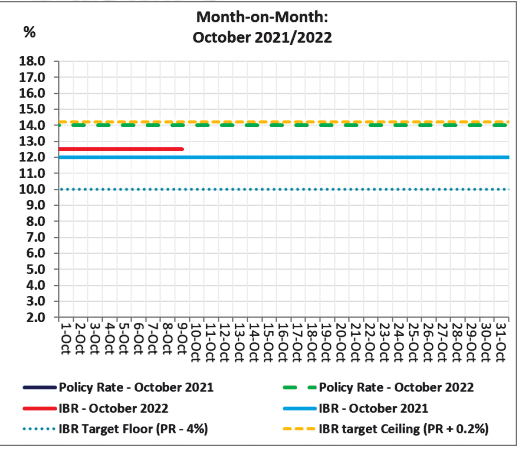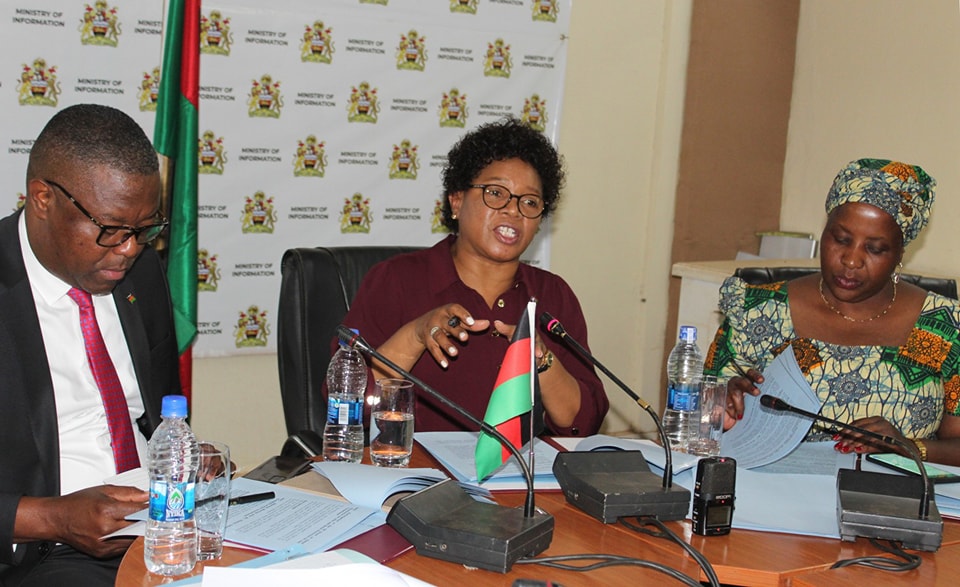Commercial banks have cited high interest rates as a strain on their businesses, saying this has deteriorated their business due to slow uptake of loans.
Speaking in an interview on Friday in Blantyre on the sidelines of the bankers annual dinner and dance, Bankers Association of Malawi president McFusssy Kawawa said unlike the common perception that banks cash in on a high interest rate regime, on the contrary, banks prefer a low interest rate environment.
He said high interest rates are not only bad for the borrower, but also for the banks.
Currently, banks have pegged the reference rate, an interest rate benchmark used for setting other interest rates, at 13.9 percent.
This means that with the current reference rate which forms part of interest rates levied on customers when accessing loans, borrowers are now paying a minimum of between 13.9 percent and a maximum of 27 percent to access the loans.
Kawawa, who is also National Bank of Malawi plc chief executive officer, said when conducting risk profiling, banks are now ending up not lending customers that otherwise would have qualified if the interests were lower.
He said because of this, banks are losing business as the growth of the loan book is subdued.
“On the other hand, those that have already extended credit will start struggling because interest rate is high, as a result, the default rate increases and banks have to write off again [and] in the end, banks are losing out,” said Kawawa.
Meanwhile, latest Reserve Bank of Malawi (RBM) data shows that banks reported an increased level of non-performing loans (NPLs) in the banking system in the first half of this year, which increased to K60 billion as at end June 2022 from K45.2 billion in December 2021.
The data further shows that banks adopted tight credit standards and conditions for approval of loans and credit lines, which are expected to continue in the next six months to December 2022 largely due to expectations of a continued unstable macroeconomic environment.
Reads the report: “Uncertainty of the macroeconomic environment, poor creditworthiness of borrowers and risk on collateral remain the main contributing factors to tightened credit standards and conditions for approving loans.”
In an interview on Sunday, Indigenous Businesses Association of Malawi president Mike Mlombwa said servicing loans as well as acquiring new ones becoming a challenge for most of the businesses.
He said a rise in lending rates is discouraging businesses from borrowing, thereby affecting their operations as they depend on bank loans to boost their businesses.
Said Mlombwa: “We have previously indicated that businesses are struggling with servicing loans under the current lending rate structures.
“Over time, most businesses have lost property due to loans. The continued rise in lending rates, therefore, spells doom for us as borrowing is becoming even more expensive.”
Economic statistician Alick Nyasulu also observed that rising lending rates would continue to have an impact on borrowers and affect development of the economy.
During the third Monetary Policy Committee Meeting in July this year, RBM Governor Wilson Banda indicated that the central bank will closely monitor the developments in the global and domestic economy and is ready to take additional measures as necessary.
The post High interest rates slow loans uptake appeared first on The Nation Online.
 Moni Malawi
Moni Malawi 

